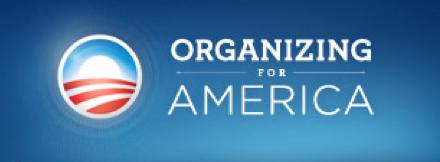Ready for Unionized Airport Security?
Kimberly Strassel makes the point -- as payback for big labor union support, the Obama administration greases the wheels for the largest federal organizing effort in history:
Wisconsin Gov. Scott Walker made some progress this week in rescuing his state from the public-sector unions holding it hostage. Ever wonder how Wisconsin got into trouble in the first place? Washington is providing an illuminating case study.
Even as state battles rage, the Obama administration has been facilitating the largest federal union organizing effort in history. Tens of thousands of Transportation Security Administration (TSA) screeners are now casting votes to choose a union to collectively bargain for cushier personnel practices on their behalf.
Liberals are calling it a "historic" vote. It is. Henceforth, airport security will play second fiddle to screener "rights."
Here's the fundamental problem with public-employee unions: They exist to compete with, and undermine, public priorities. The priority of Wisconsin citizens is a state that can provide basic services, encourage private-sector jobs, and pay its bills. Wisconsin public-employee unions, by contrast, were formed to, and exist to, erect a system that showers members with plump pay and benefits, crowding out state services and private jobs. The same disconnect is on display with the TSA.
On Sept. 11, 2001, more than 3,000 Americans died after terrorists turned airplanes into missiles. It was a colossal security failure. Congress responded by creating the TSA. The merits of federalizing airport screening were always questionable, though at least the public priority was clear.
Back then, a bipartisan majority of Congress agreed that a crack airport security service was incompatible with rigid unionization rules. Yet by 2008, Democratic presidential candidates were betting that security worries had receded enough that they could again pander for union votes. Candidate Barack Obama sent a letter to American Federation of Government Employees boss John Gage, vowing that his "priority" was giving Transportation Security Officers (TSOs) "collective bargaining rights and workplace protections."


